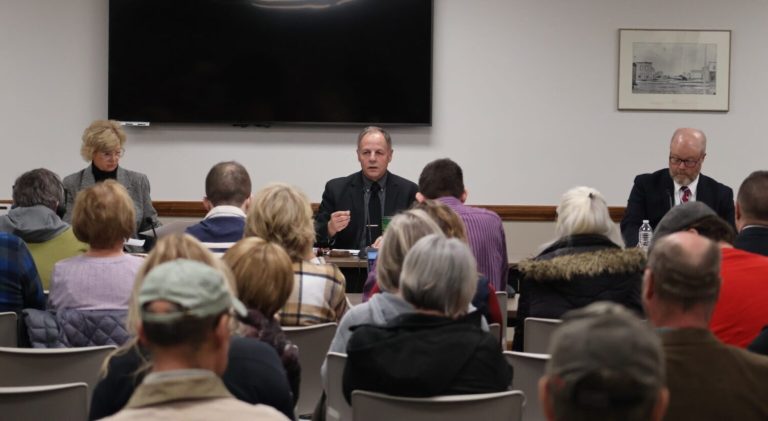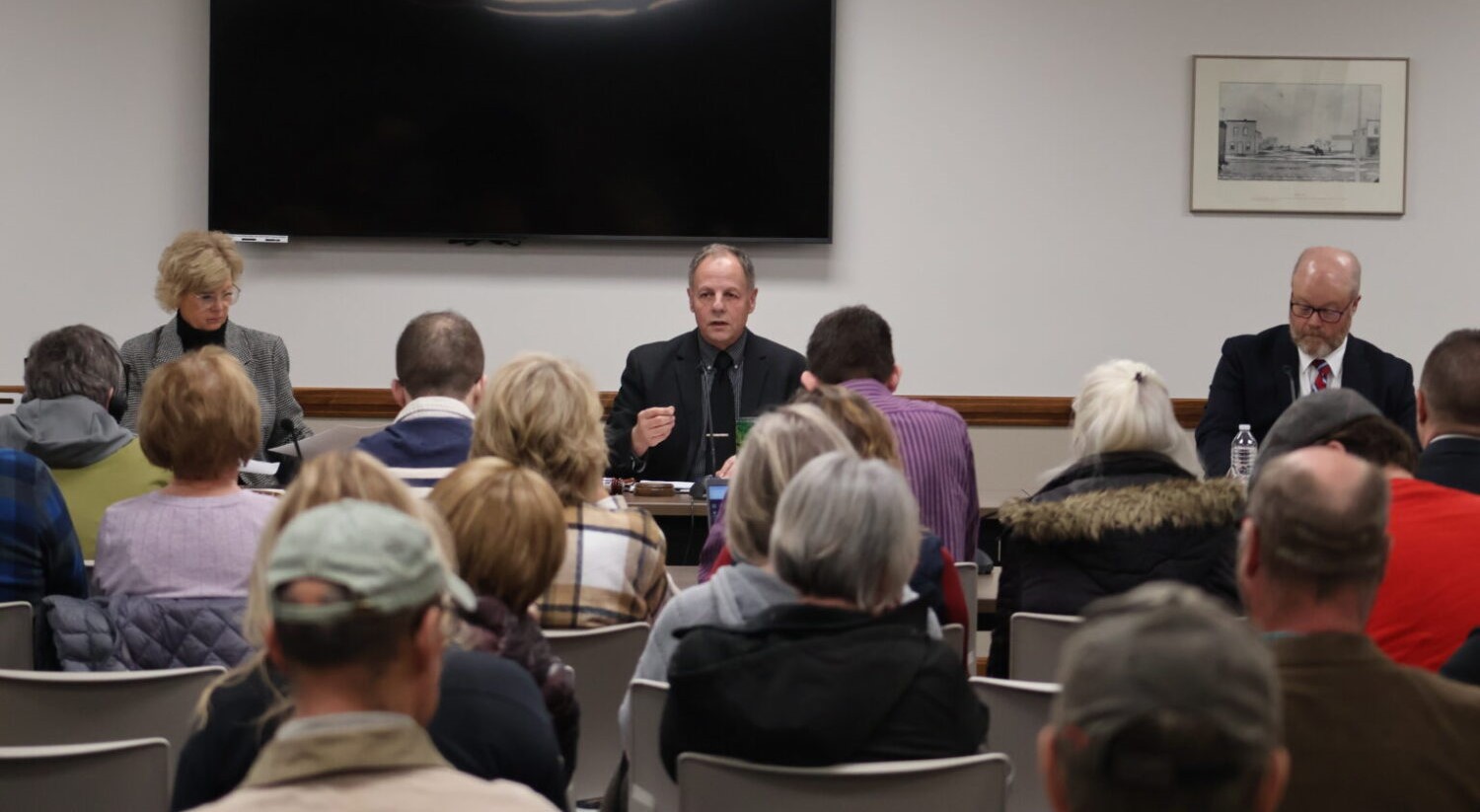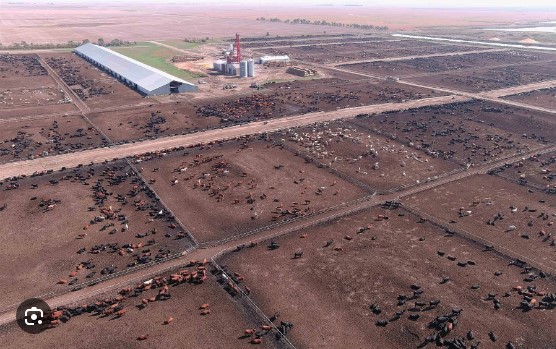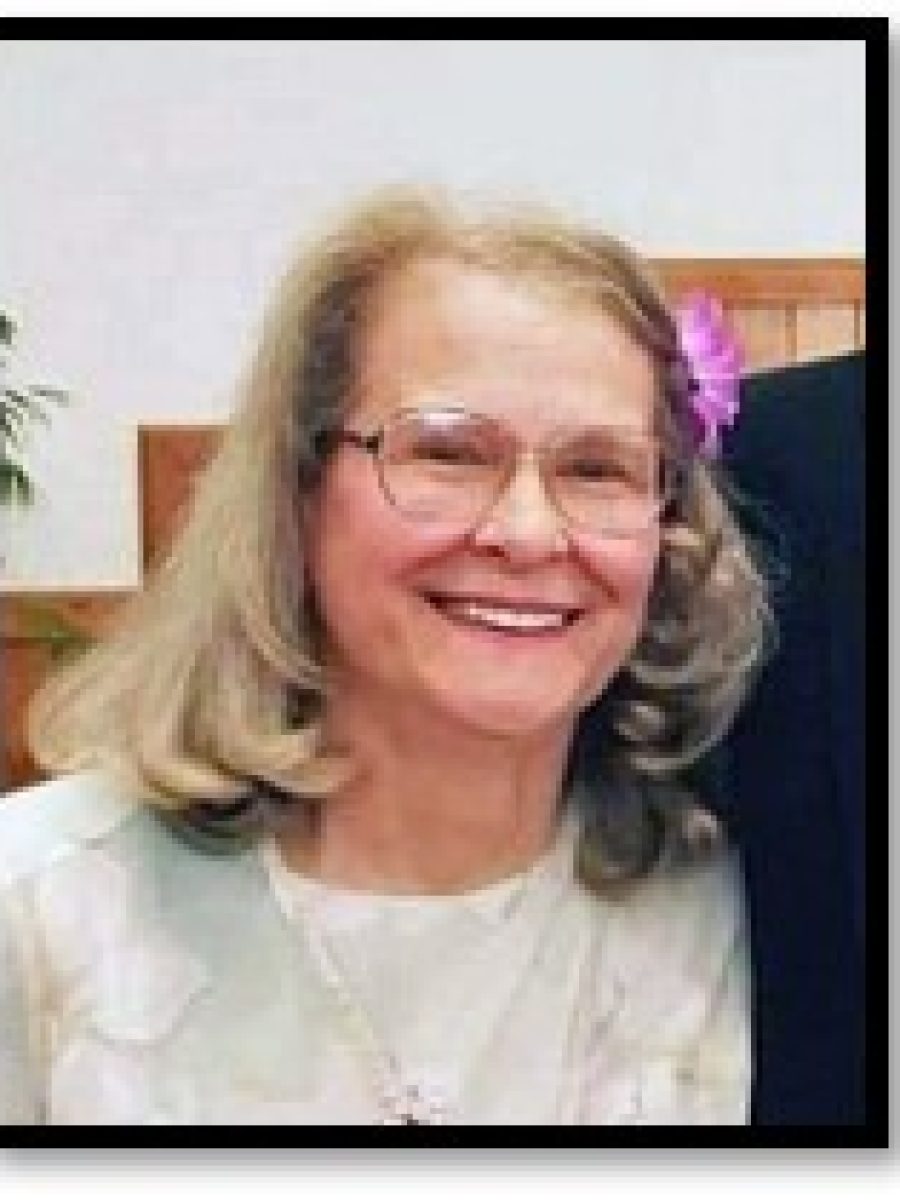SAN FRANCISCO, CA – The U.S. Court of Appeals for the Ninth Circuit has upheld a district court’s summary judgement in favor of the Beef Checkoff Program. The lawsuit by R-CALF USA originally challenged certain mandatory assessments on cattle sales imposed by federal law that are used to fund advertisements for beef products.
In 2016, then Secretary of Agriculture Tom Vilsack entered into a memoranda of understanding (MOUs) with Qualified State Beef Councils (QSBCs) which granted the Secretary pre-approval authority over all promotion and which allowed the Secretary to decertify noncompliant QSBCs, thereby terminating its access to checkoff funds.
 Under the MOUs, the Secretary must pre-approve all contracts to third parties and any resulting plans or project. The agreements with qualified state beef councils, include Colorado, Florida, Hawaii, Indiana, Kansas, Maryland, Montana, Nebraska, Nevada, New York, North Carolina, Oklahoma, Pennsylvania, South Carolina, South Dakota, Tennessee, Texas, Vermont, Virginia, and Wisconsin.
Under the MOUs, the Secretary must pre-approve all contracts to third parties and any resulting plans or project. The agreements with qualified state beef councils, include Colorado, Florida, Hawaii, Indiana, Kansas, Maryland, Montana, Nebraska, Nevada, New York, North Carolina, Oklahoma, Pennsylvania, South Carolina, South Dakota, Tennessee, Texas, Vermont, Virginia, and Wisconsin.
But QSBC’s can also make non-contractual transfers of checkoff funds to third parties for promotional materials which do not need to be pre-approved. The plaintiff (R-CALF USA) contended that the distribution of funds under these arrangements is an unconstitutionally compelled subsidy of private speech.
In 2020, a federal court ruled that the qualified state beef checkoff (QSBC) programs operating under a Memorandum of Understanding (MOU) with the UDSA did not violate the First Amendment and dismissed the lawsuit brought by R-CALF.
In an interview with Brownfield Ag News, R-CALF USA CEO Bill Bullard says while they are disappointed in the final outcome, their case did force the reform of the National Beef Checkoff Program. “These reforms are significant,” he says. “They corrected a long-standing violation, a violation of first amendment rights of cattle producers. That, we can be thankful for, that we at least made that positive step on the behalf of cattle producers.”
In comments made to Brownfield, he says the case established that the Beef Checkoff operated for decades in violation of the Constitution and the Secretary of Agriculture took steps to correct the violation by asserting more governmental controls over the speech of the various state beef checkoff councils through the recently executed Memorandum of Understandings.
Bullard says they were unable to get any traction for their argument that the MOUs were insufficient at the Ninth Circuit, but they do have another case pending in front of the district court in Washington, DC alleging that the USDA did not follow the law when it executed the MOUs.











